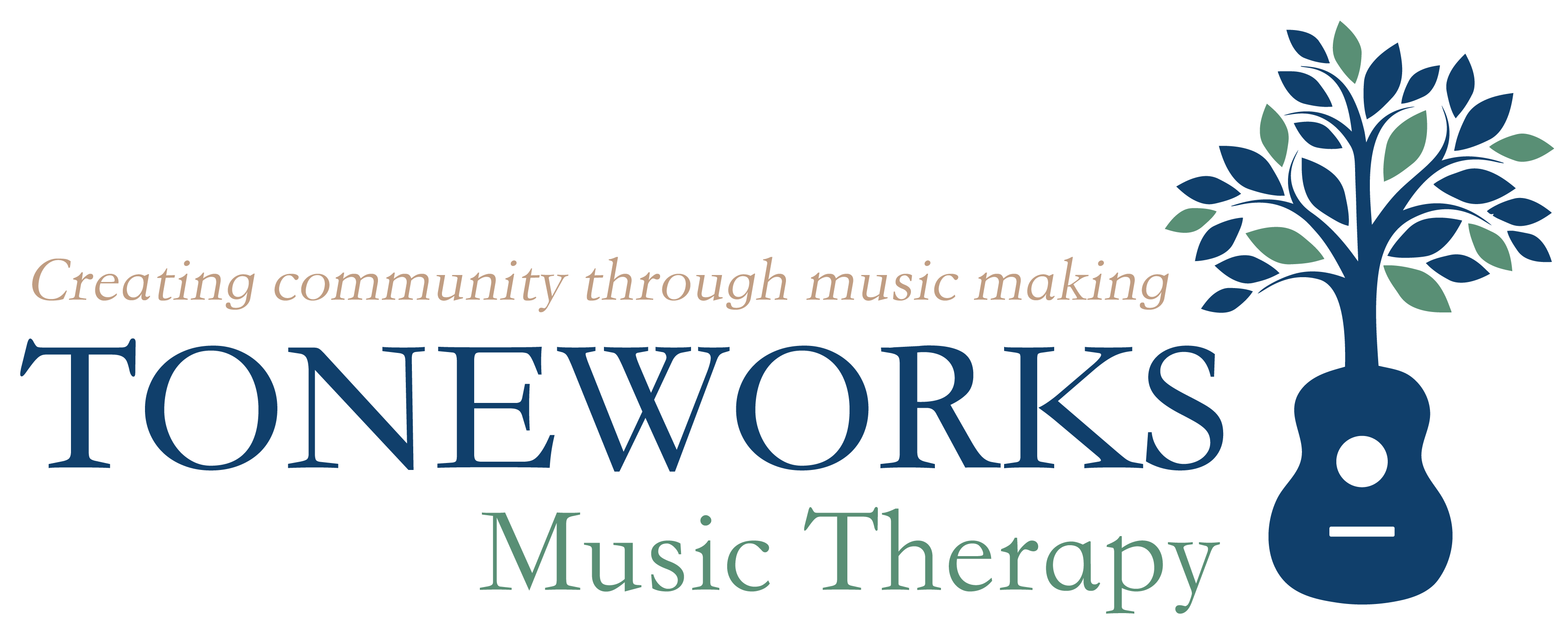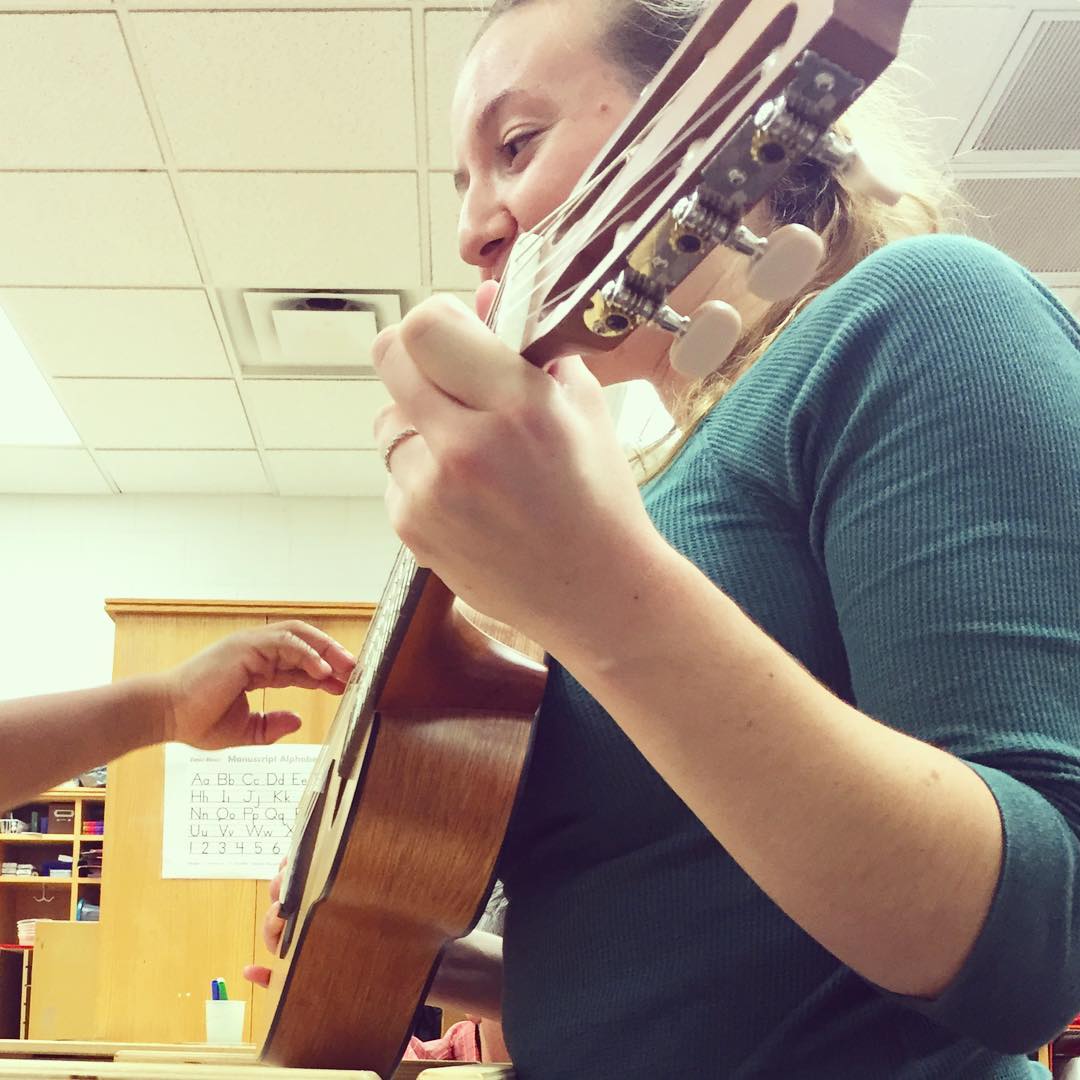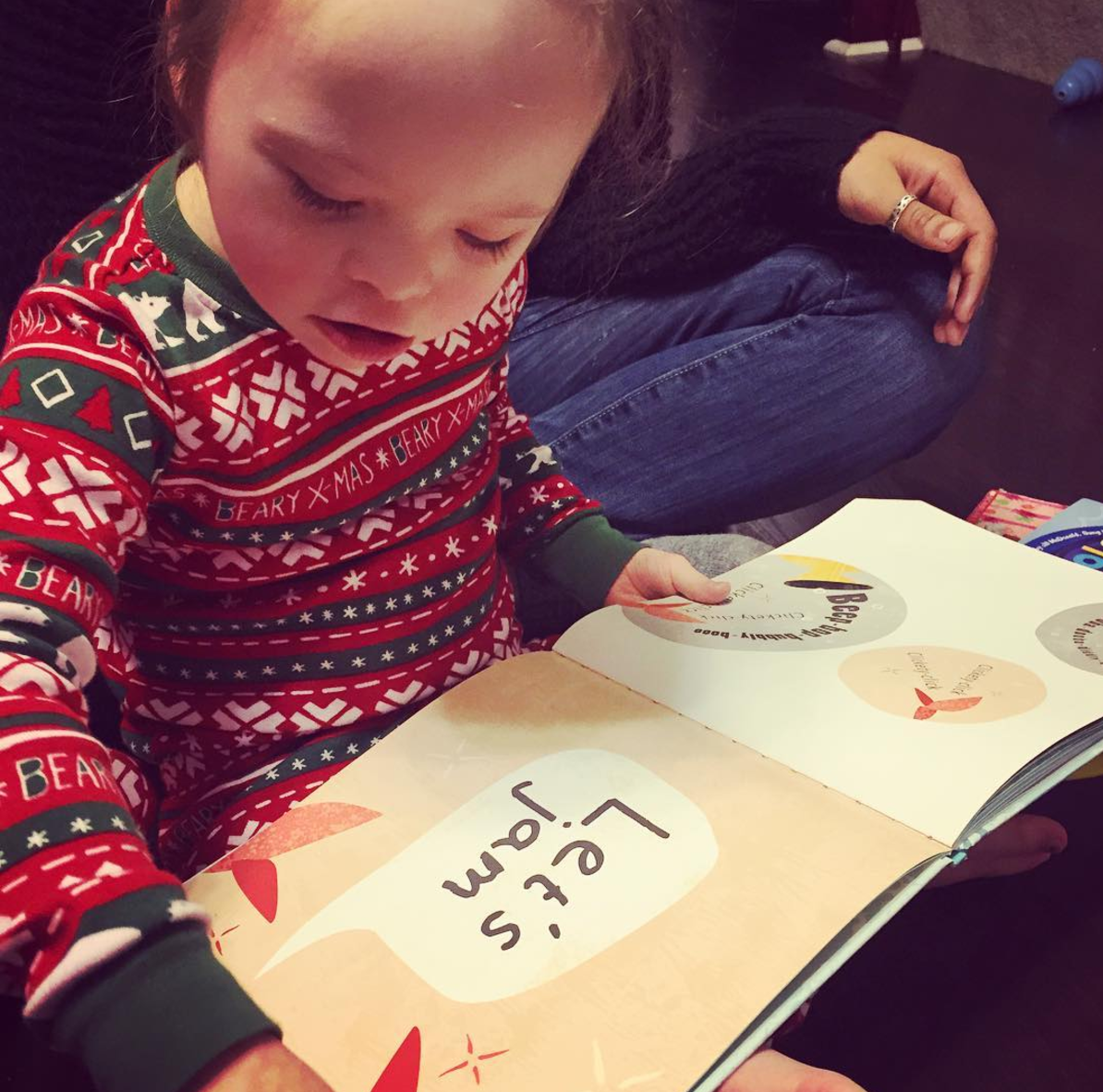Individual Music Therapy
Individual Music Therapy
Individual music therapy sessions focus on improving cognitive, motor, emotional, communication, self-regulatory, and social skills. Individual music therapy sessions may benefit individuals of all ages and diverse abilities, depending on their needs and treatment objectives. Please contact if you are in an individual assessment for music therapy services.
Goal areas may include:
- Self-Regulatory skills - implementing coping and calming strategies, decreasing aggression, and accepting and/or seeking out adult help
- Social skills - appropriate sharing, cooperating, taking turns, accepting others’ play ideas, following rules, transitioning safely from activity to activity, and sharing experiences
- Self-Help and Emotional skills - identify and appropriately express feelings, using words or augmentive and alternative communication, develop empathy
- Gross and Fine Motor functioning - range of motion, palmar and pincer grasp, meeting and crossing midline, and progressive muscle relaxation
- Communication skills - conversation, gestures/body language, sign language, quality of voice, expressive and receptive language
- Cognitive skills - preschool concepts (e.g. identifying colors, letters, numbers, printed name), attention, executive function
Therapuetic Music Interventions may include:
- Functional instrument play: Working together or independently playing an instrument to improve social and motor skills.
- Movement to music: Using dance and yoga to improve social, motor, and communication skills.
- Singing: Using call-and-response, performing, and group singing to improve self-regulation, social, academic, motor, and communication skills.
- Sensory exploration: Using a variety of instruments and tools that improve self-regulation and motor skills


